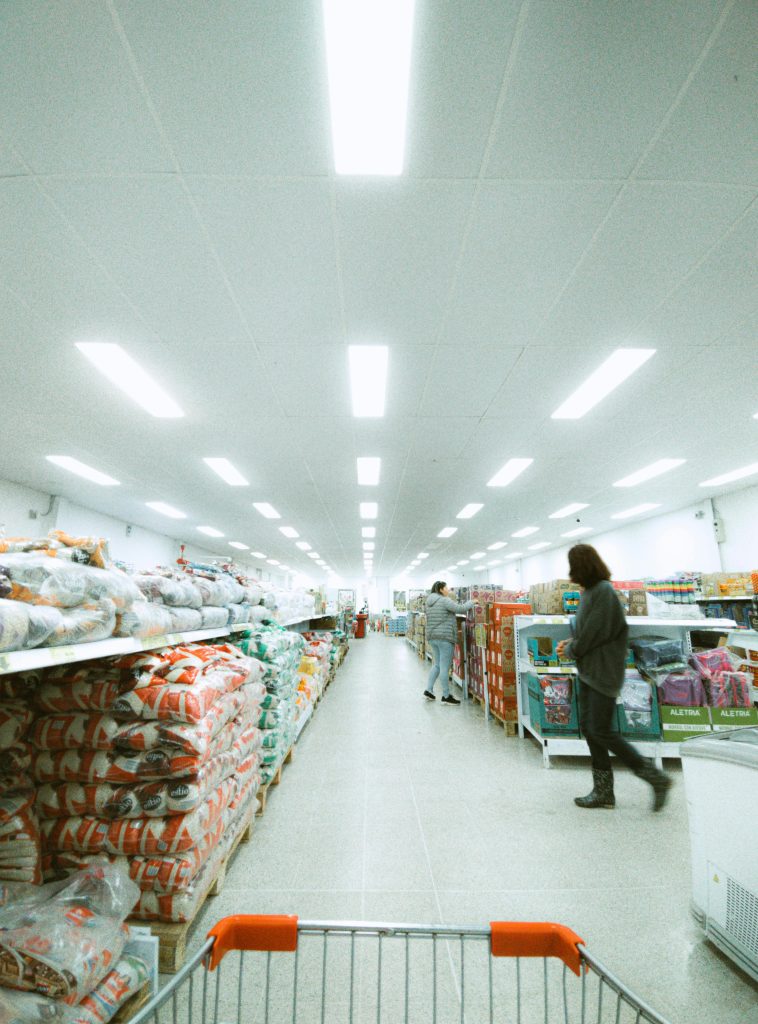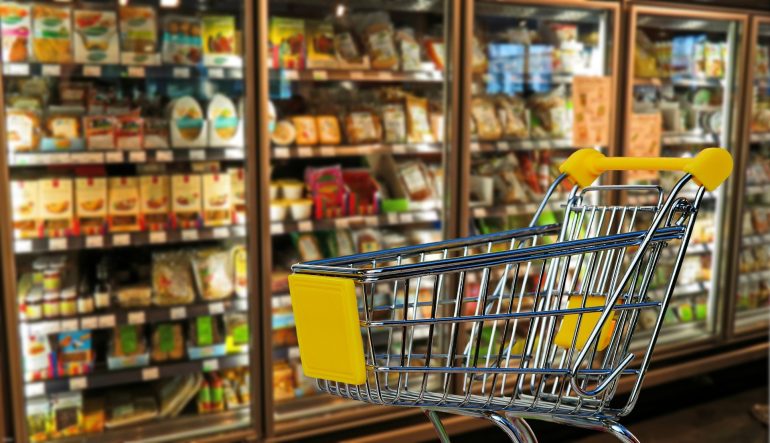In September 2025, Paraguay recorded a slight deflation of -0.1 %, measured by the Consumer Price Index (CPI), down from a 0.2 % increase in the same month last year. With this result, accumulated inflation for the year reached 3.3 %, above the 2.9 % recorded in the same period of 2024, according to the Central Bank of Paraguay. The decrease was largely driven by lower fuel prices, some imported goods, and selected services, providing partial relief for households.
For families filling their shopping carts, however, the benefits were uneven. Prices for meat, milk, poultry, fruits, and vegetables continued to rise, keeping everyday grocery bills high despite cheaper petrol and certain imported items.
Fuel and imports lead the way
Domestic petrol and diesel prices fell in September 2025, while some imported goods also became more affordable. Transport services and household items showed modest reductions.
Local reports emphasised that these changes were the main factor behind September’s Paraguay deflation, which contrasts with the steady inflation observed in the previous months. For households commuting or planning short trips, the lower fuel prices were likely the most visible relief.
Paraguay deflation and food prices
Even as certain products became cheaper, essential foods continued to climb. Beef prices rose by around 1.7 %, especially in cuts used for traditional meals. Some vegetables, such as lettuce, cabbage, and carrots, experienced slight decreases, while staples like onion, tomato, and squash rose due to limited supply.
While some imported products became cheaper, everyday groceries remain costly, a reminder that Paraguay deflation does not always bring direct relief to households at the kitchen table.



Services see modest reductions
Some services also contributed to the overall drop in prices. Tourism packages, intercity transport, and rental housing were slightly cheaper, though increases in personal care and other services tempered the overall effect. For households planning their monthly budgets, the impact may have been felt only in select areas.
Temporary reprieve for households
Despite September’s deflation, accumulated inflation for 2025 remains at 3.3 %, and year-on-year inflation stood at 4.3 %, slightly below August’s 4.6 %. Analysts cited by local media noted that the decline reflects temporary adjustments rather than a fundamental shift in price trends.
Paraguay’s brief deflation shows that while some goods and services became more affordable, essential items continue to weigh on household budgets. How prices move in the coming months will depend on fuel costs, imports, and domestic food supply.
Read more: Paraguay’s Rating Outlook Upgraded To Positive By Fitch Ratings.




